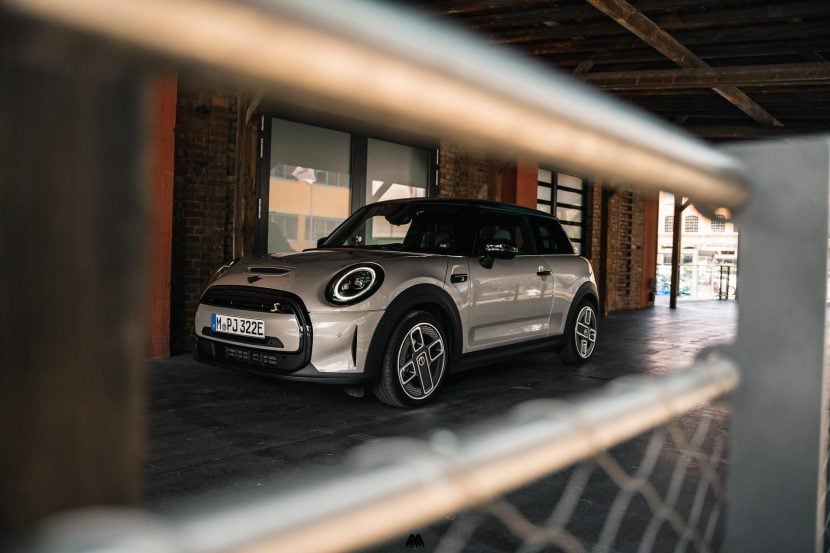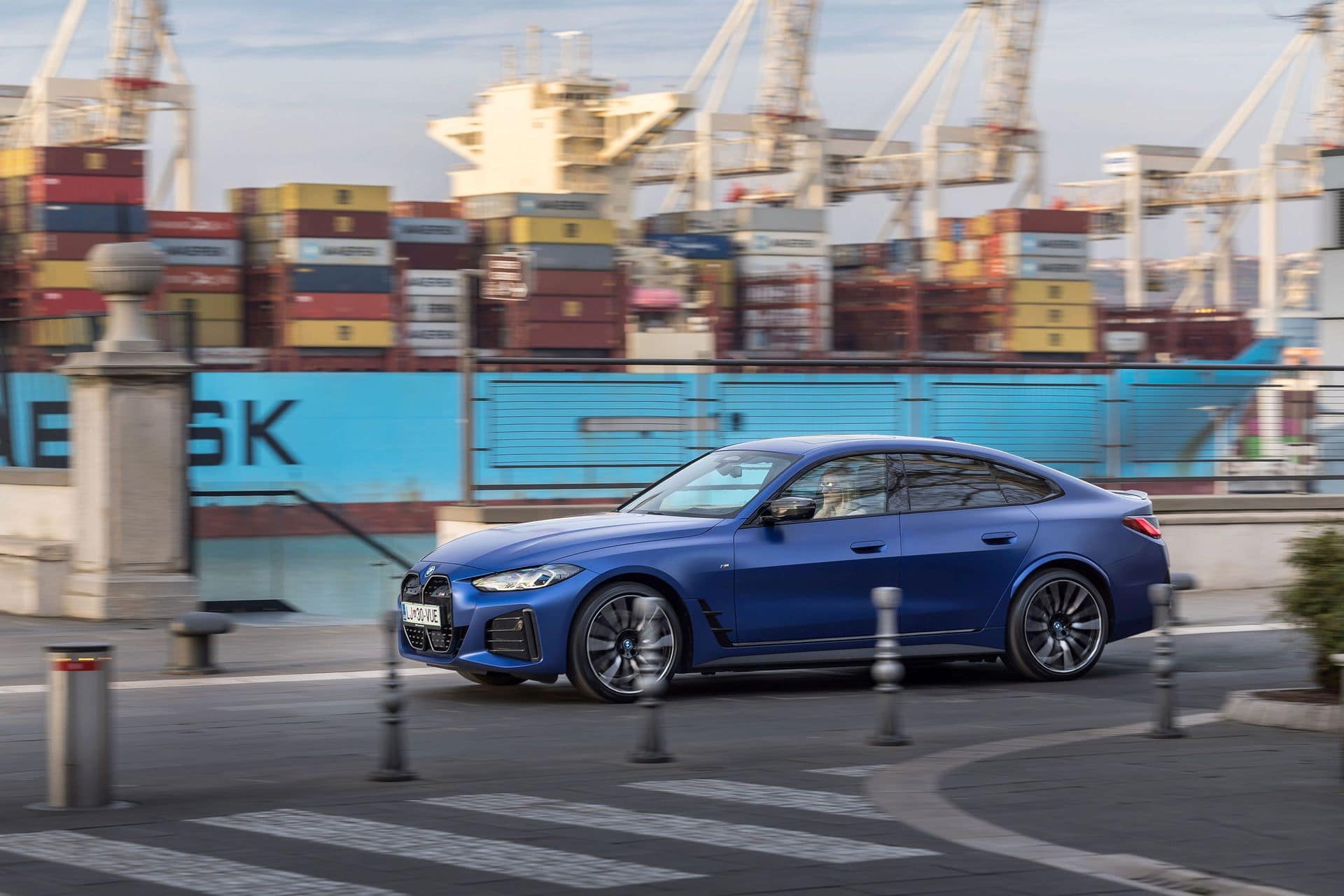The BMW Group is one of the few automakers that believes there’s still life left in the internal combustion engine, but at the same time, it’s heavily investing in electrification. The efforts are certainly paying off as the core BMW brand along with MINI delivered a combined 75,891 EVs to customers between January and June this year. It represents a massive increase of 110.3% compared to the first six months of 2021.
The German automotive conglomerate is therefore on track to meet the ambitious goal established at the beginning of the year, which is to more than double EV sales in 2022. The company is happy to report there’s a rather thick order book for the i4, with more than 34,000 units ordered across Europe alone. With the release of the iX1, i7, and China’s i3 Sedan, BMW has even more opportunities to attract EV customers.

At this rate, the company believes it’s feasible to have more than two million purely electric vehicles on the road by the end of 2025. Meanwhile, let’s keep in mind the next-generation 5 Series Sedan will be out next year and is going to come along with an electric i5. Also due to hit the streets in 2023 is the next-generation MINI Countryman, which will be sold in a zero-emissions variant to echo the iX1.
In the long run, BMW estimates the Neue Klasse architecture debuting around the middle of the decade will help the Group push EV take rate to 50% even before 2030. Rolls-Royce will ditch the combustion engine by then, kicking things off with the Spectre electric coupe due in 2024. As far as MINI is concerned, the Oxford-based marque will drop the ICE in the early 2030s.
In the meantime, a closer look at the numbers released today shows the BMW Group’s deliveries of PHEVs and EVs in H1 2022 went up by 20.4% to 184,553 units.
Source: BMW





































































